3 Ways to Protect Yourself from Mobile Fraud and Identity Theft



The world’s a scary place. Mobile fraud is on the rise, 15 million Americans experience identity theft every year, and one unsuspecting Chinese man ended up receiving 10,000 spam calls in 24 hours after criminals threatened to “call him to death” if he refused to pay them £100. That’s a lot of missed calls.
Apple and Google are mostly playing catch-up when it comes to security, since technology changes so fast and thieves and crooks are always looking for ways to take advantage of vulnerabilities. Generally speaking, Apple is considered more secure than Android, mostly because it’s harder to secure the fragmented Android eco-system and make sure users across different carriers have downloaded the latest security patches.
Nevertheless, it’s better to be safe than sorry, so here are some ways to protect yourself from mobile fraud and identity theft.
1. Always download the latest updates (and do it as soon as possible)
I’m guilty of waiting as long as possible before downloading the latest iOS updates. Those updates often have security patches for newly discovered bugs that cyber criminals might be exploiting.
Unfortunately, the bugs and security vulnerabilities are often discovered only because someone is already taking advantage of them. The more you wait to download the update, the longer you might be vulnerable to the security flaw.
2. Don’t click on rogue links
If you receive a weird link from an unknown contact, it could do more than just install some virus or malware: it could be a bug that takes over your entire iPhone. As Vice reported last year, a humanitarian activist found out about this bug the hard way. He was sent a single link, which he clicked, and hackers were able to get access to all of the data on his iPhone almost immediately. Security experts analyzing the malware called it, “One of the most sophisticated pieces of cyber espionage software we’ve ever seen.”
3. Be mindful of “Vishing”
“Vishing” stands for “Voice Phishing,” and it’s a relatively old scam that has gotten a boost from new VoIP software. Basically, a scammer will spoof your caller ID, making it seem like you’re receiving a call from a financial institution (like a bank or credit union). They’ll leave an automated—but professional sounding—voice message notifying you of an “account issue,” and ask you to call a toll-free number. If you call the number, you’ll hear an automated voice system that sounds similar to the one from your bank, and it’ll ask you to input sensitive data like your social security number, account numbers, and password. This information is then sold online to people wanting to commit identity theft.
How do you prevent it?
Don’t respond to an email or voice message asking you to call a specific number or go to a specific website link. Instead, go to the financial institution’s real website, and connect with them directly, if you have any questions.
As technology gets more sophisticated, so do the security attacks from cyber criminals. For a little more knowledge about cybercrime, check out this video I made about it:
Stay safe out there folks.

Alex Cequea
Alex is marketing consultant, regular contributor to the Huffington Post, and the host of a web series called Social Good Now, where he highlights social issues through short animated videos. Formerly, he was a Marketing Exec at Cisco, and Editor in Chief of iPhone Life magazine. His projects have been featured on TEDx Houston, CNN, TIME, ABC News, CBS, Univision, Fast Company, and the Huffington Post.
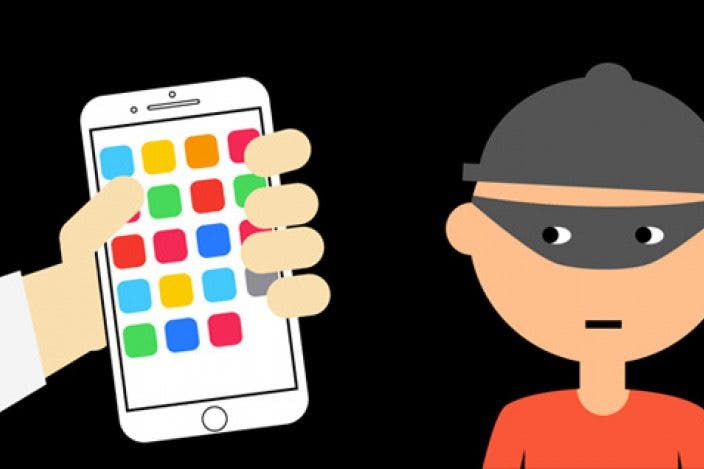
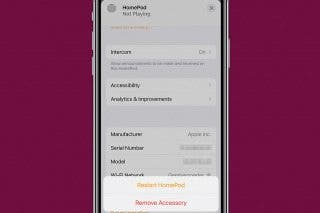
 Amy Spitzfaden Both
Amy Spitzfaden Both
 Rachel Needell
Rachel Needell

 Olena Kagui
Olena Kagui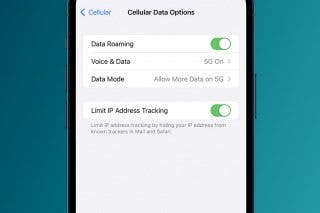


 Rhett Intriago
Rhett Intriago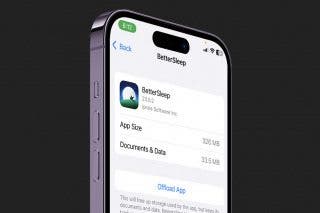

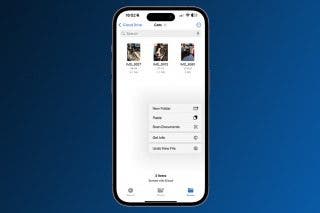



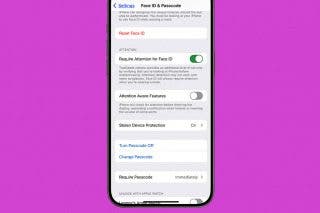
 Leanne Hays
Leanne Hays
